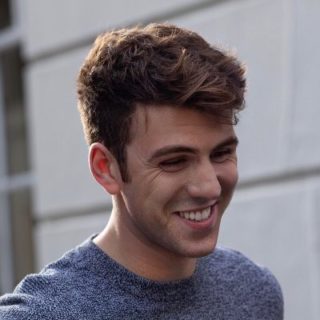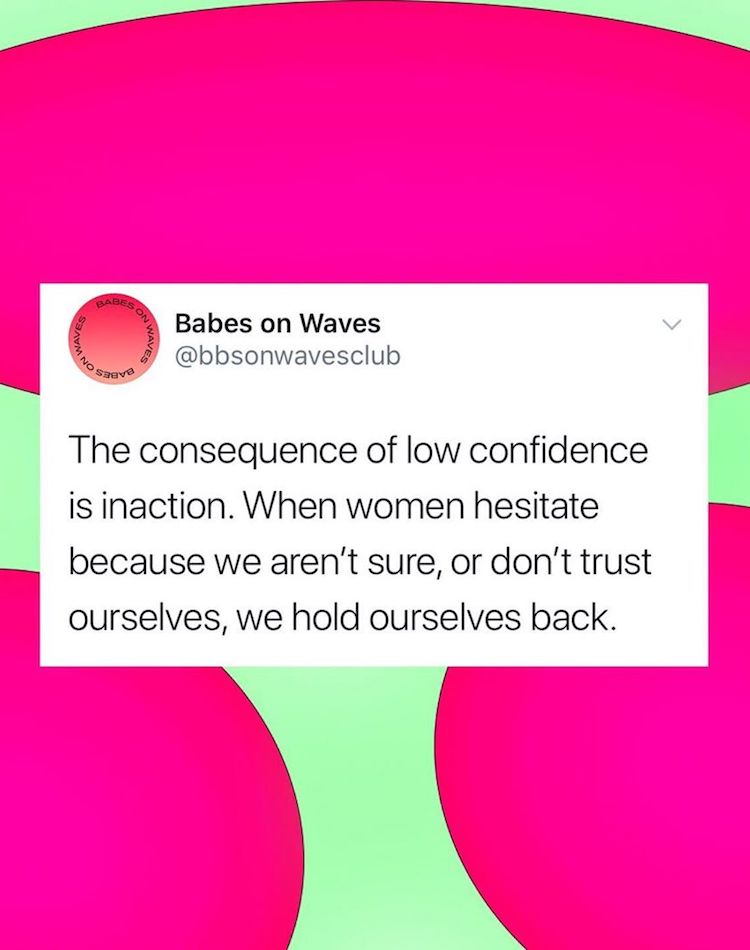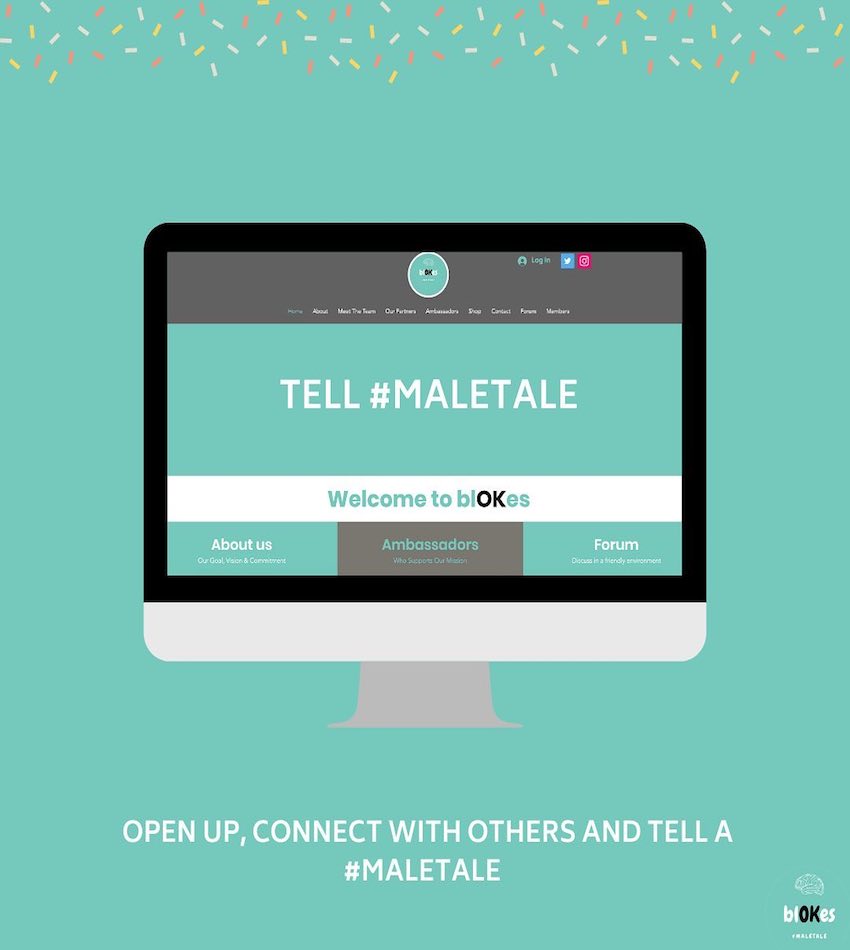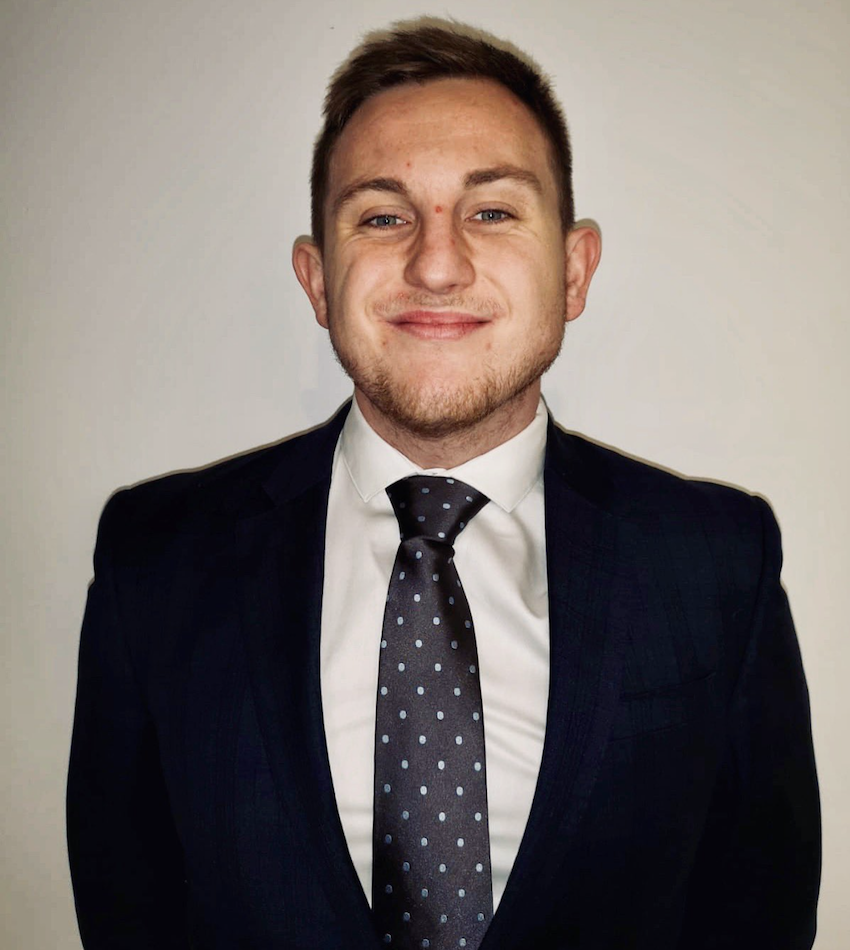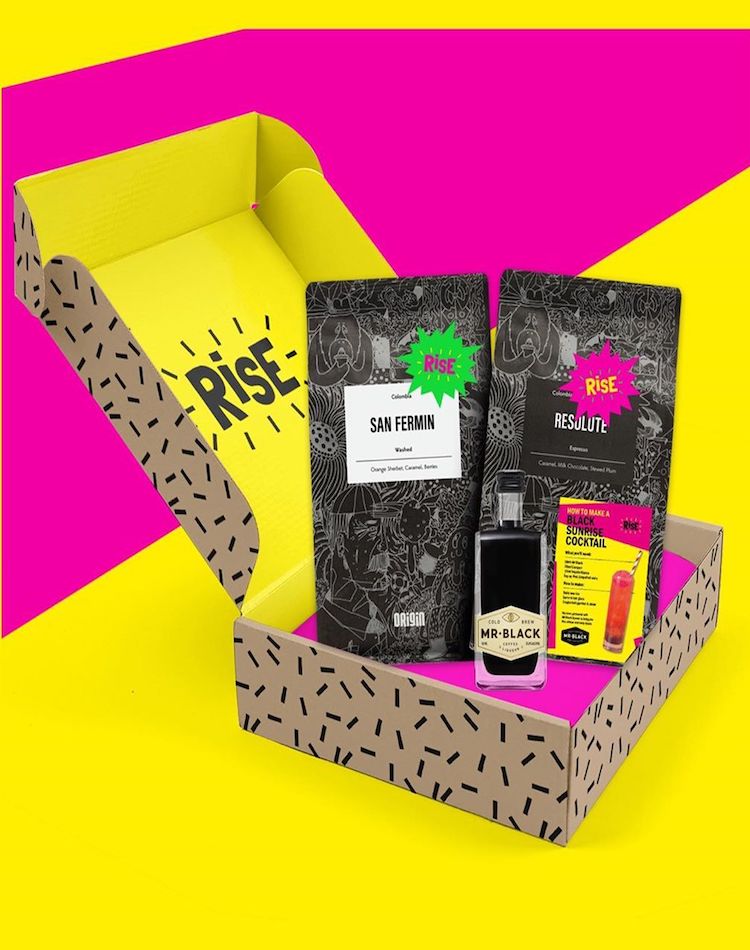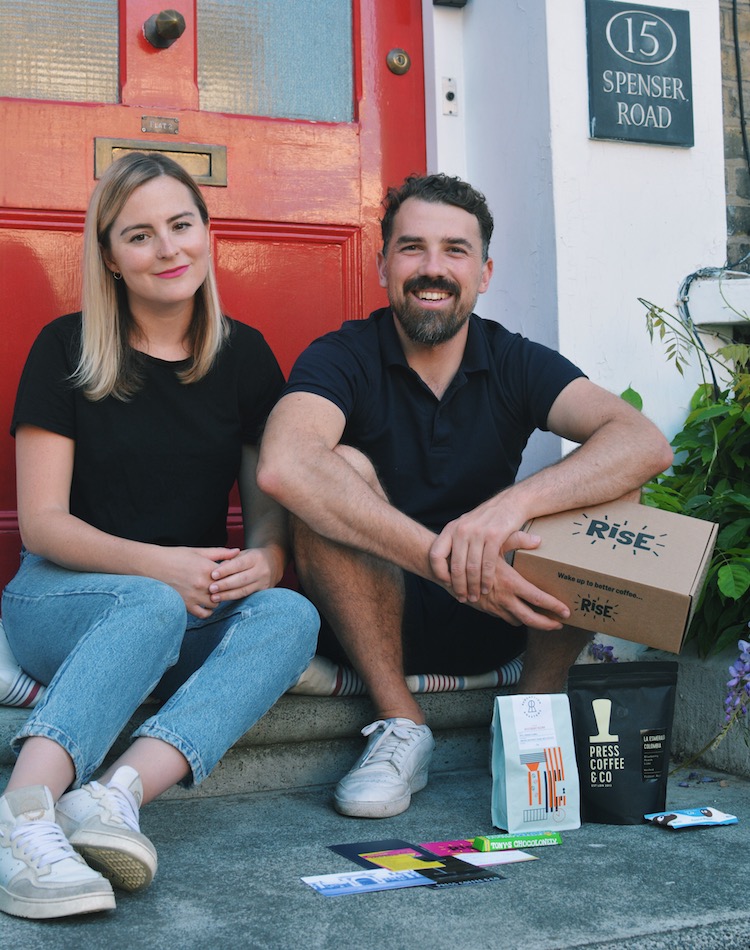How 2020 Became the Year of the Side Hustle
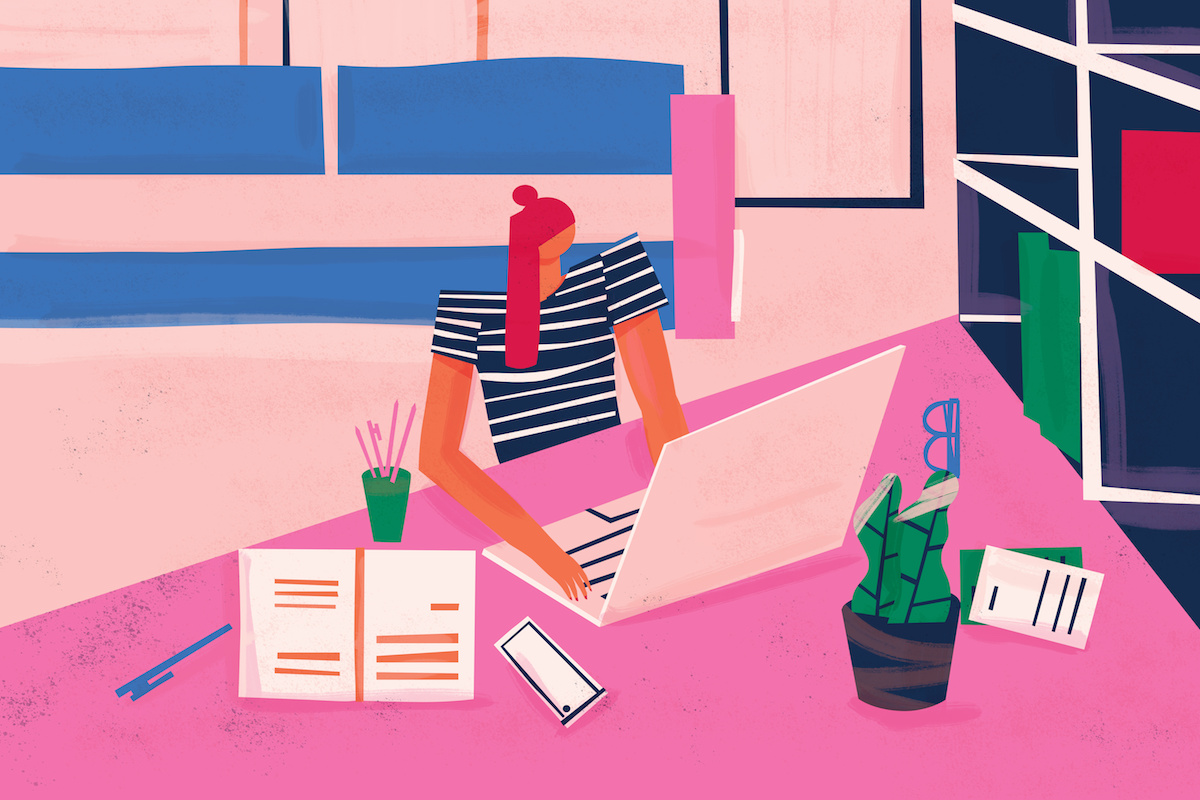
Time is precious, or so the saying goes. And in 2020 we’ve been given a lot of it for free. Large numbers have used the extra time to pick up new hobbies or build a home gym to rival their actual one. Some have just pottered around the house in mild, occasionally frustrated confusion, to which I frequently include myself.
Others have quietly become heroes like Captain Sir Tom Moore raising nearly £40 million for the NHS or footballer Marcus Rashford and his relentless campaigning for underprivileged children. And a lot of people have used the time to start a side hustle.
As a reformed shopaholic, my side hustle endeavours have revolved around streamlining my wardrobe and getting rid of anything I’ve no interest in ever wearing again on Depop (why did I think a neon bum bag was a good idea?) And I wasn’t the only one who had this brainwave. In 2020, the social shopping platform saw a 300 percent increase in items sold from the year before. Etsy, eBay, and Shopify have also seen significant jumps in their number of users.
We spoke to the founders at three businesses started in the first lockdown then about how they brought their side hustles into fruition, the issues they faced along the way, and their tips for anyone out there looking to get their side hustle off the ground.
Jasmine Douglas, Founder of Babes On Waves, A Business Club Championing WOC And Black Female Founders
Babes On Waves actually started in 2018 as an online magazine while I was at King’s College. I had been given a year long extension on my dissertation which meant I had this weird year where I felt like I wasn’t a real person. I wasn’t quite a student but I wasn’t a graduate either. So I just got really into business and self-development. I started a podcast, and the magazine. I was doing all these things, but I started to feel lonely because I was doing it all on my own in my room. Which is how the business community part came about.
We had our first business meet up last October. We were just 10 women who had found each other over Instagram and every month we met up in a co-working space and exchanged ideas. And I loved it. But I never thought about monetising it.
After leaving university last year, I had started work as an office manager and was being trained up into the product team. I was promised a promotion after I’d gotten to a certain point with training and had worked solidly before taking two weeks off for a meditation retreat. Then literally as I returned to work the country went into lockdown and the company put a hold on all promotions. That was a rough month for me.
I started to get a bit self-pitying. But then I was like, “you know what, at the end of the day I’m not on furlough and I’ve got all this time, I’m just going to do something with it”. I spoke to the members in the group and said: “What do you think about us pooling our money to hire experts and start to streamline things a bit.” And that’s how we started paid memberships and began to monetise the project from May onwards.
We had 50 paid signups in the first month. But then I ended up closing the intake after that. I didn’t want it to be this massive space where you don’t know who to speak to. So until I work out how to grow it in a sustainably intimate kind of way, I’ve kind of closed it unless someone messages me and says, “I really need this”.
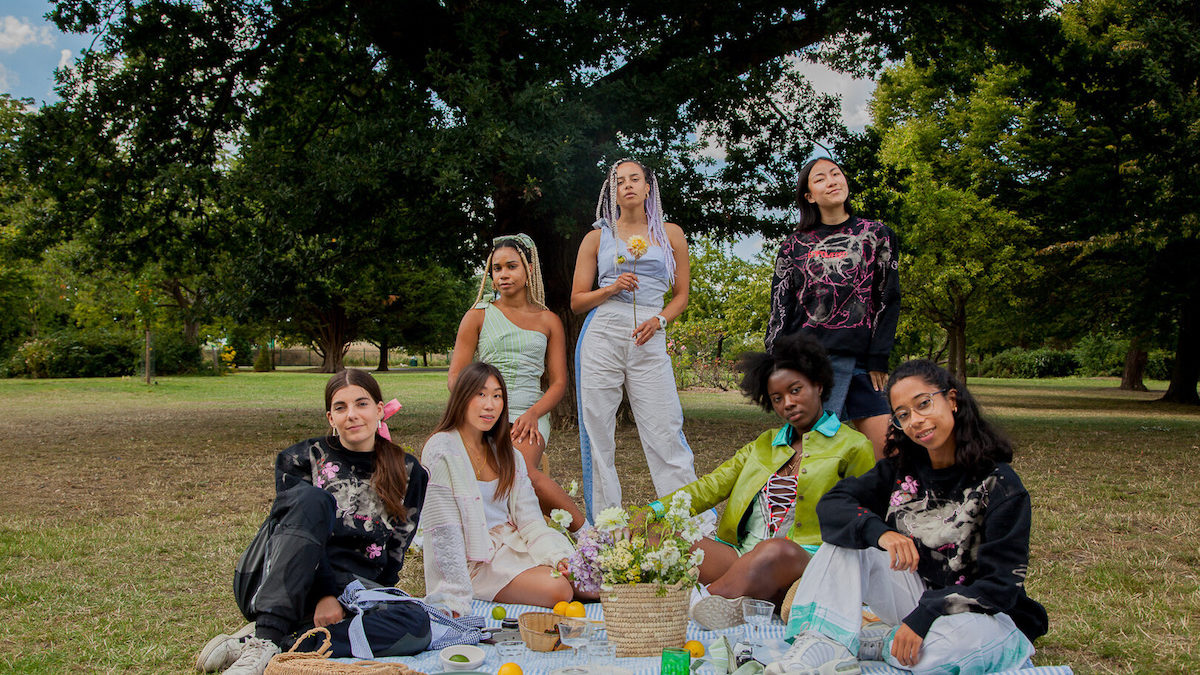
Image credit: Lydia Bolton
Members can either pay monthly or annually. We have a slack channel which is the community bit, organise three workshops a month and we do pairing as well. So every month I’ll pair people within the group who I think would connect well and they can bounce around ideas and help each other stay accountable.
A lot of the women who became members since launching in the pandemic are on furlough or have been made redundant. And the community is full of people who’ve used the time to say, “okay, well, this is an idea I’ve been thinking about for ages. I have an Instagram account or Twitter, but let me actually get to work and do the business side of things” which is really great.
A lot of really serious horrible stuff is happening and businesses are closing. But there’s actually a lot of good happening too. Opportunities are everywhere. and new markets are opening up. I don’t think before lockdown, I would’ve made an online community work because people weren’t as willing to trust a purely online thing. Whereas now it’s actually way more convenient. People prefer it.
My second piece of advice is you don’t need to have money to start a business. There’s a lot of good books around and you can find mostly everything on the internet. You don’t need to be buying business courses to feel like you’ve ticked that box.
Finally, mindset is super important. A lot of these business clubs are like, “Oh, we’ll teach you how to make a sales funnel or customer journeys”. But no one actually stops and tells you, “Okay, well, if you don’t have a good mindset, you’re just going to screw yourself up at the first opportunity”. It’s about cultivating confidence.
I’m naturally cynical and negative. That’s my brain’s natural state. When I had my bad year in university, I had to rebuild myself. I watched all the TED talks. I did the YouTube videos. I went to therapy. And I had to really teach myself that you have to actively search for the positives in things and not just accept the first thing that pops into your brain, because that’s just how you’ve been conditioned to think.
Tom Home, Founder of Men’s Mental Health Brand blOkes
I was diagnosed with anxiety, depression, and PTSD in November 2016 and the next three years were seriously up and down. I’ve tried group therapy, counselling, CBT, mindfulness, and antidepressants. I really have been through the whole spectrum of mental health.
I’ve always been passionate about raising awareness about men’s mental health and encouraging men not to be ashamed about talking about their issues, because for me, I know how much it’s changed my life.
So to be honest, probably one of the only benefits that came out of lockdown was I finally had the time to sit and actually think, “right, what is it I actually want to do here?”
The way I describe blOKes is it’s a men’s mental health brand and a CIC (Community Interest Company). This means that any money that is generated through blOKes, whether that be through donations or clothing sales is basically put back into the business and is used to support partners with mental health education.
The first thing that came about was creating the Twitter account in June. And I didn’t really have any idea as to where I wanted it to go or what the outcome was going to be. It really took off though and had a great response. Ever since then, we’ve grown into having over 1500 followers across Twitter and Instagram. We also built a website with an online, support-based forum which has been up and running now for about a month.
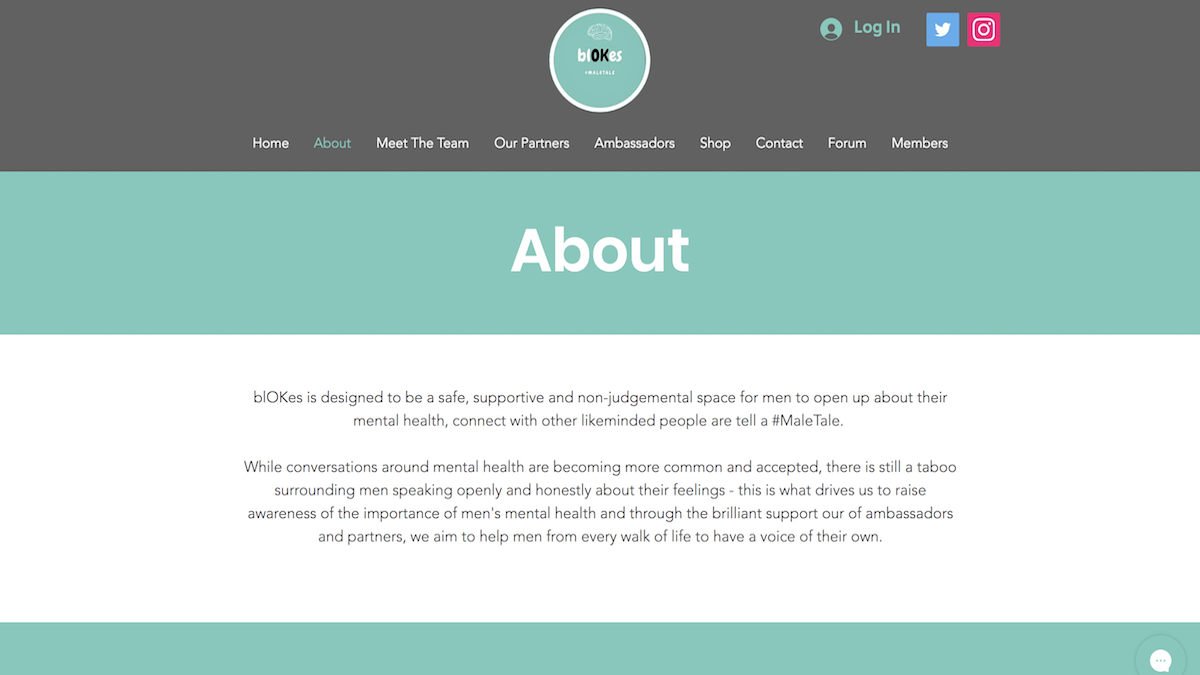
We managed to get a really great base of ambassadors from the beginning and we now have 11 partnerships with sports clubs including Notts County FC Football in the Community and 17 brand ambassadors, who are either current or former sport professionals across rugby, cricket, boxing and athletics. It was definitely me sending a lot of DMs and emails but ultimately there’s not really been one person that I have gotten in touch with that said no.
The pandemic has very much put a road-block on events though. Ultimately we would have liked to have brought some ambassadors down to our partner clubs and to have taken sessions, even if it was just something really informal, like a game of touch rugby, or five-a-side. Just being there, having a chat with the guys in the club and very informally touching on how important it is to make sure your mates are okay.
I’ve always found that talking to people about my mental health has helped me. So I think naturally talking to people about theirs and just talking to people in general about the importance of talking, in a way has helped my mental health. It’s been nice to meet like-minded people that, due to geographical locations or the careers that we’re in, I would have probably never met.
My advice for anyone looking to start a side hustle would be not to overthink it, and if you’re passionate about it, then it’s going to be successful. Whatever you’re trying to do. If you love it enough and care about it and you’re committed enough to finding the time, it will ultimately be successful. I’ve been lucky enough to not have been furloughed so I still have my nine to five. This is a labour of love for me. I’m just sick and tired of guys feeling that it’s weak to speak and they can’t talk because years ago that was what was drummed into them. But times have changed and people’s views and perceptions need to change as well.
Ben Charalambous & Alice Wainwright, Co-Founders Of Coffee Subscription Service RISE Coffee Box
RISE is a coffee subscription service and gift box, showcasing independent, sustainable, tasty speciality coffee. The idea came to us early in the lockdown period. We had never thought about it before or planned for it. We just missed our coffees heading in and out of work every day, and found that we couldn’t get the variety and quality at home, and on a consistent basis.
We could also see there was an opportunity to deliver this great coffee while everyone was stuck at home in lockdown. We had extra time on our hands and thought why not – better to take the risk then be left wondering “what if?”
We’re both still working full time, Alice in marketing and Ben as a head of sales. Alice is also studying for an MBA, so it’s been a rather busy 2020. We have had lots of other business ideas and still chat about them now, but lockdown just felt like the right time to launch an online subscription company.
Managing a side hustle during lockdown came with its own challenges and we’ve learnt a lot along the way. Firstly, we’ve learnt that the small business and coffee community are a great bunch, willing to help one another out and make friends. We’ve also learnt how challenging it can be to be sustainable end-to-end. This is something we have continued to work on while sat behind our laptops. But we hope to get out and meet suppliers and coffee farmers in the near future.
Our big tip for anyone trying to get a side hustle project going is to test your concept now. We set up a kickstarter back in April to see how our idea fared, and we over exceeded our target. This gave us the push we needed to launch RISE and honestly we’re so glad we did.


